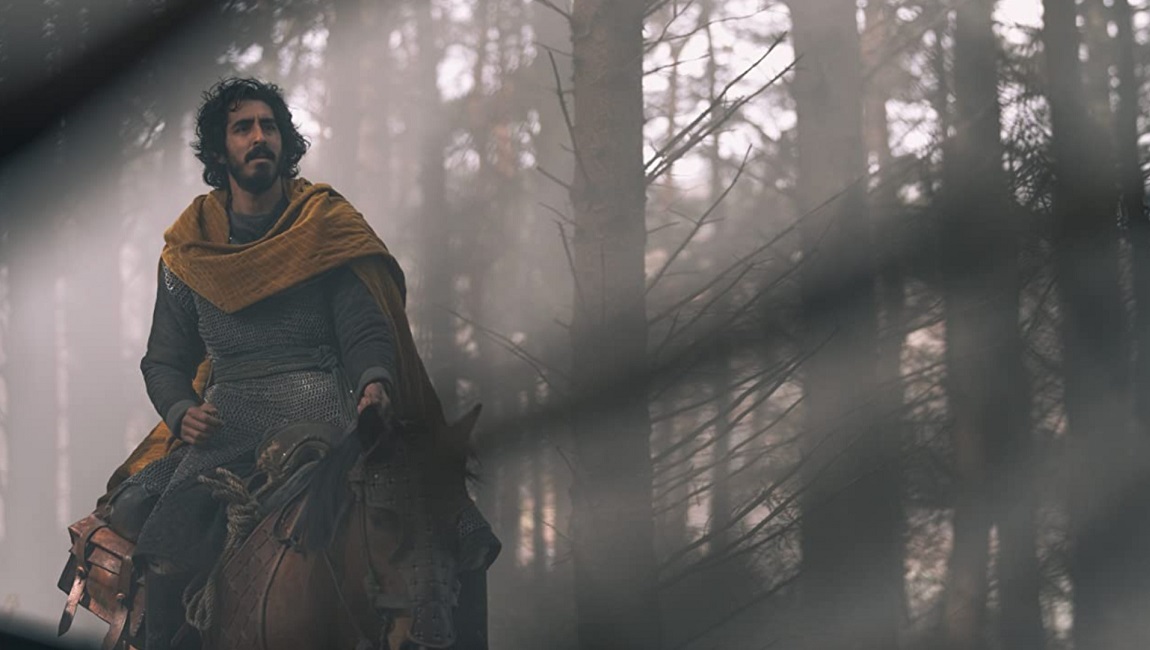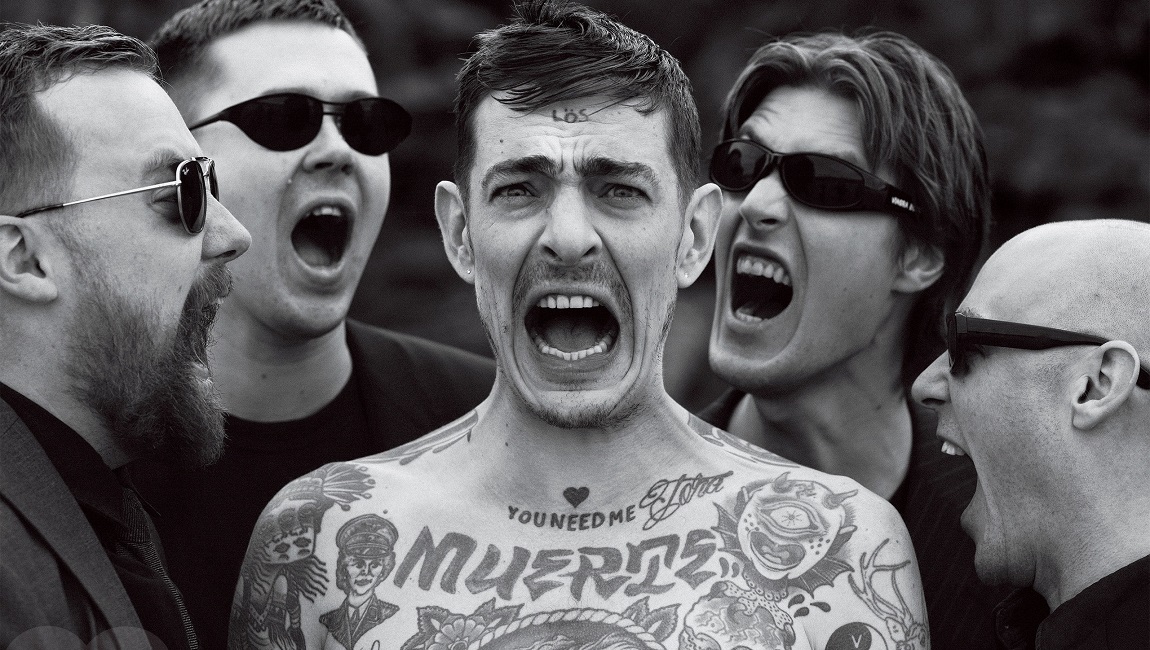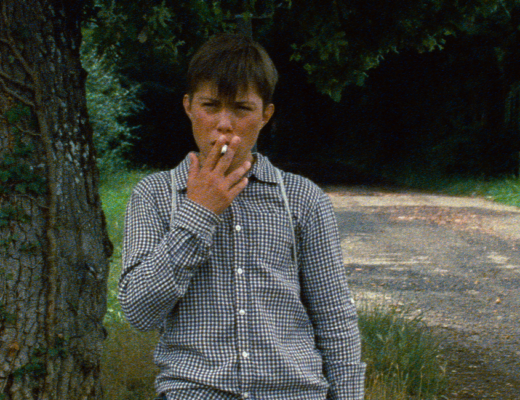Kevin Gates
It’s been a relatively humdrum couple of years for Kevin Gates, the bulky, burly-voiced performer who deals in big, pop-friendly melodies and stocky rap verses. He’s been MIA ever since 2016, a year that saw a surprising amount of major media hype building around the Baton Rouge native and his debut studio album Islah, an ambitious release without much in the way of music to support those aspirations. It received Best New Music from Pitchfork (higher than Migos’ era-defining Culture) and an A- from the Dean of American Rock, who accurately, if also a little bombastically, described Gates as “emotional, tender, violent, sensual, fickle, determined, fatalistic, unpredictable, unreliable, hedonistic […] in a land of 10,000 wannabes, he’s an original.” Suffice to say, such attempts to make Gates the next “it” rapper never panned out beyond some minimal mainstream buzz and a lot of funny memes surrounding the seemingly never-ending amount of cellular devices referenced on “2 Phones.” He’s had stray moments since, but Gates hasn’t — and probably will never again — come close to reaching this level of stardom within the realm of the music industry; if anything, the likes of Moneybagg Yo and NBA YoungBoy have capitalized on this sing-song/melody-driven formula even further, co-opting the core tenets while making music that’s more painful, dramatic, and — easily worst of all for Gates — catchier as well. Those two have suitably filled the void in Gates’ absence, whose latest offering for listeners — Khaza, which could be considered something of a divorce album if there was any semblance of a concept driving the sequencing — serves as a gentle reminder of just how much they’ve been directly influenced by these exact same cadences and flows, sometimes down to the very choral rhythm.
An admittedly hefty undertaking, Khaza clocks in at slightly under an hour, but allows for zero breathing room: this is all Gates, all the time. It’s his show for 18 straight tracks, with a single guest spot in the last few minutes — Juicy J completely phoning it in on “Thinking With My Dick,” providing the type of feature he was contractually obligated to pump out around 2013 — that serves more as a blooper reel than as a fitting conclusion to what came before (imagine if Bridges of Madison County ended in a strip club). Gates leans heavily into his pop sensibilities for most of the record, playing into his strengths for sure — the way he belts out a distressed chorus over a Gotye sample (“Somebody That I Used To Know”) on “Truth Be Told” with stirring conviction is a notable moment — but there’s a decided bleakness and contradictory nature to the Gates worldview that becomes tiring, even when the music itself is varied enough to sustain the album’s narrow-minded end goals. One must be pretty on board with a lot of petty victim-playing, name-calling, and general dickishness to vibe with what Gates perpetuates across these tracks — the lowest point to defend his behavior? When he starts “wonderin’ if Meek Mill ever miss Nicki Minaj” — and even then, there’s little to no catharsis to be found in the (at times) blatantly indolent nature of the lyrical work. But with Gates, you gotta take what you can get; on Khaza, he’s at least doing the bare minimum to make the pleasurable parts easier to notice.
Writer: Paul Attard Section: What Would Meek Do?
Horsegirl
Right out of the gate, Horsegirl’s debut album Versions of Modern Performance boasts some serious indie rock clout: released by Matador Records and recorded at Steve Albini’s Electrical Audio by regular Dinosaur Jr. producer John Agnello, the LP also has guest spots from Sonic Youth members Steve Shelley and Lee Ranaldo on two of the album’s standout tracks — the pair eager to support a band so clearly enamored with the sounds they helped create and pave the way for. Having emerged from Chicago’s young indie music scene, Horsegirl blend their love for the alternative guitar sounds of the late ‘80s and early ‘90s into an enticing, if uneven, DIY noise pop cascade.
Opening with the incredible “Anti-glory,” the band sets the tone early with wiry guitars and mechanical drums, letting the song’s lush post-punk groove fizzle out after the opening verse to make way for a staccato chorus where the chant of “Dance! Dance with me!” is repeated over and over, echoing Joy Division’s manic “Transmission” or even the barked orders of DAF’s “Der Mussolini.” “Beautiful Song” delivers on the promise made by its title, by pitting a melodic falsetto and Ranaldo’s shimmering, behind-the-bridge guitar chirps against a whammy-inflected, reverb-laden bridge. If this opening pair serves as a powerful introduction to Horsegirl’s strengths, the third track indicates some of their shortcomings. Vibey and meandering, “Live and Ski”‘s skeletal structure and deadpan vocals don’t quite live up to the high expectations set by the preceding cuts. The song, unfortunately, sets the stage for a fairly unspectacular middle section, that the group doesn’t really recover from until track nine.
“Dirtbag Transformation (Still Dirty)” is an unremarkable spin on Built to Spill’s scrappy melodicism, while the faster-paced “Option 8” is held back by its monotonous rhythm and drab rhyming schemes. Instrumental interludes punctuate the album’s 33-minute runtime and offer some welcome sonic variety, although they don’t exactly rival the towering monuments to abstract beauty that some of their idols managed to conjure, falling short of both their ambition and execution — although the ethereal, piano-led “The Guitar is Dead 3” stands out for its change in instrumentation, as well as its irreverent title, echoing a sentiment heard at least since the 1980s. The album title itself references the winking, quasi-highbrow conceptualism of Refused and The Nation of Ulysses, its descriptive detachment reflected in the vocal deliveries of guitarist Nora Cheng and bassist Penelope Lowenstein, who deliver their appropriately abstract lyrics with a layer of ironic, Gen Z matter-of-factness that sometimes drifts a little close to disinterest. But when they hit the sweet spot between sparse, jittery experimentation and straightforward tunemongering, their voices reveal a guarded vulnerability that, given the right musical backdrop, they already command masterfully.
After a mid-album lull, Versions of Modern Performance regains its footing when the exciting fuzz pop of “World of Pots and Pans” rolls around, whose knowing lyrical nods to Beat Happening, Gang of Four, The Jesus and Mary Chain, and The Cure are sure to excite their fellow teenage alt-rock enthusiasts. The LP closes strong with “Billy,” a bright and faintly melancholy ode to juvenile solipsism (“Billy has a little nickname for his paradise / He folds it up and sets it on the mantelpiece to look real nice“), propelled by Gigi Reece’s unobtrusive, loose drumming. The pensive song accelerates after the halfway mark, building up to an exhilarating and subtly dissonant finale. And so concludes Versions of Modern Performance, a record bookended by its strongest songs and slightly bogged down by a somewhat underwhelming, though not entirely uninteresting, batch in the middle. While their commitment to musical diversity is commendable, listening to some of the band’s earlier singles, it seems that re-recording tracks like the playful “Sea Life Sandwich Boy” might’ve served the album better than including dirgey numbers like “The Fall of Horsegirl,” since their melodic instincts are clearly more developed than their murkier ones.
Between the unfussy production, stick-in-your-brain vocal lines, and the group’s willingness to challenge themselves stylistically, Horsegirl still seem content with capably emulating their heroes, without offering a particularly unique vision of their own. But with their obvious songwriting talents and adventurous impulses, it’s only a matter of time before they’ll be going on to bigger and better things — perhaps even to an artistic statement that rivals those of their faves.
Writer: Fred Barrett Section: Obscure Object
Angel Olsen
With Big Time, Angel Olsen once again exhibits a major genre shift, this time a right turn to the classic country roots that built the genres she has previously dabbled in. This latest pivot comes after a few earlier reinventions, including an ‘80s pop covers EP and a stripped-down chamber pop-inspired rework of her last full length album. Indeed, Olsen’s career has become almost predicated on these stylistic shifts, her work proving a lodestar for many similarly minded musicians looking to tinker, but even so, Big Time proves to be her largest of needle movement yet.
Hot off the heels of two major life developments — Olsen’s coming out as queer and the death of her parents — the songs on Big Time arrive not only with a massive sonic shift, but a major perspective shift as well. Previous records have been marked by hurt in her relationships, messy breakups, and fears about future relationships, and while such feelings of pain and loss are still intimately present themes on this record, they are here guided by a writer with a heart filled with love for her partner. The album’s lyrical shape recalls a relationship’s early stages, the way priorities shift during the honeymoon phase, new love inflecting and governing everything else.
All of this is, of course, carried through by Olsen’s distinctive voice, one that an unknowing listener might assume came from the yesteryear ‘60s country scene of Tammy Wynette or Loretta Lynn. On Big Time, she marries that vocal texture to her music in a more explicit way than ever before, filling the space that was occupied with big showy brass sections on previous records with rich, twangy acoustic guitar licks. This movement toward a more classical style offers the rejuvenation that Olsen’s career has been missing, and in retrospect it feels like all of her recent reinventions have been leading to this moment, a record of clarity in the midst of uncertainty.
It all adds up to a quite natural fit, with the slide guitars, booming confidence, and a sonic farewell to what she has been in the past feeling like markers of a new era in her career rather than just another detour. That’s not to say Olsen was stuck in idle before: she managed to up her game on each of her previous records, her noodling producing considerably hefty results in their own right. But at no point has she stuck the landing as cleanly and emphatically as she does with Big Time. It’s a record that feels like a celebration in real-time, one that understands the new Olsen epoch it signifies even as it’s only just now moving into it.
Writer: Andrew Bosma Section: Ledger Line
Tove Styrke
Hard is Swedish synthpop artist Tove Styrke’s first album in four years. Her last release was 2018’s Sway, a lovely, delicate indie-pop project that thrived on minimalism and precision. Songs like the whimsical “Say My Name” were energized by their use of negative space, layering bending basslines with light synth chimes; vocal takes often caught the raspy edges of Styrke’s voice; sound effects such as birdsong, flickering street lights, and unzipping jeans were scattered playfully across various tracks. Sway was an album about the rush of having a crush, blowing small moments of attraction up into memorable hooks that still preserved the intimacy of locking eyes with someone else in a crowd.
Hard is an evolution from Sway — still bearing the same minimalism and tenderness, but also mixed with some more bombastic and varied arrangements. Styrke’s skill at creating urgent, memorable pop hooks out of a simple foundation has not changed: standout track “Start Walking” has writing whose catchiness seems effortless and production that sounds glittery but not gaudy, fluttery but still tethered to Earth. It’s an addictive, eclectic blend of the different stylistic impulses on the album (yet avoids becoming mired in them). “Cool Me Down” picks up the same delicate, icy danciness and “24H” the same light, tapping percussion in two of the album’s most Sway-like arrangements; the bassy synth that sneaks in on the fringes of “Walking” has much more overt counterparts in “Lies” and the explosive, synthwave-influenced “YouYouYou.” Even a similar kind of lyrical attitude is echoed in “Millennial Blues” — “I’ve got way too many options / Over-thinking, over-shopping” carries the same kind of melancholy and resigned acceptance as “We’re staring at the problem / But somebody’s gotta start walking.”
The themes of the project vary from breakups to heady crushes to the space in between (and to hey-the-world-sucks contours with “Millennial Blues”). Styrke generally goes for a standard pop vocal, but a few tracks have her trying out a rawer approach. “Hardcore” goes too far in this regard and strains her voice to unpleasant levels, but acoustic ballad “Show Me Love” strikes a better balance and turns her rasp into a signifier of sincerity. Sometimes she plays cynical (“Baby tell me lies / If you need to”), sometimes romantic (“I need you today and the day after / You need me too babe, nothing else matters”), and sometimes she steps back from both and reflects, such as on earnest guitar-pop closer “Bruises.” Hard is a clear progression from Styrke’s past work, her deceptively casual synthpop style camouflaging an increased amount of edge, depth, and variety in the writing and production. It’s also a release that’s greater than the sum of its parts: some of the songs would probably feel slight in isolation, but as part of the tracklist become a well-fitting piece of the puzzle. Four years is a long time to wait for an album that’s only 30 minutes long, but despite its short runtime, Hard does a fine job living up to expectations and delivering something fresh and fun for listeners.
Writer: Kayla Beardslee Section: Foreign Correspondent
American Aquarium
With Turnpike Troubadours still in an apparent holding pattern and The Chicks continuing to forge a more pop-oriented path, American Aquarium is a solid pick for the best band currently recording country music. On their ninth proper studio album, the band doesn’t stray too far from what they do best: A brand of country music that splits the difference between honky-tonk and heartland rock. Chicamacomico doesn’t take any real risks — other than frontman BJ Barham’s willingness to alienate conservative listeners with the occasional pointed political missive, but no one following his social media or paying attention to the band for years should find that surprising at this point — but it does find the band’s current line-up refining its sound. The iteration of American Aquarium on “Wildfire,” “Just Close Enough,” and “Little Things” sounds like a more cohesive outfit than it did on 2020’s Lamentations: The album sounds like the work of a singular band and not just Barham’s back-up musicians. There’s an undercurrent of melancholy and reflection throughout the album — when Barham sings, “I used to be a singer with a family back home / Now I’m just a father and a husband / Who knows his way around a microphone,” on “Little Things,” there’s a sense of inner peace with the maturity in how that perspective has shifted. That Barham sings of his own reliability is actually a sharp bit of auto-critique, as Chicamacomico is another sturdy and workmanlike collection from an act that’s been awfully great for nearly two decades.
Writer: Jonathan Keefe Section: Rooted & Restless









